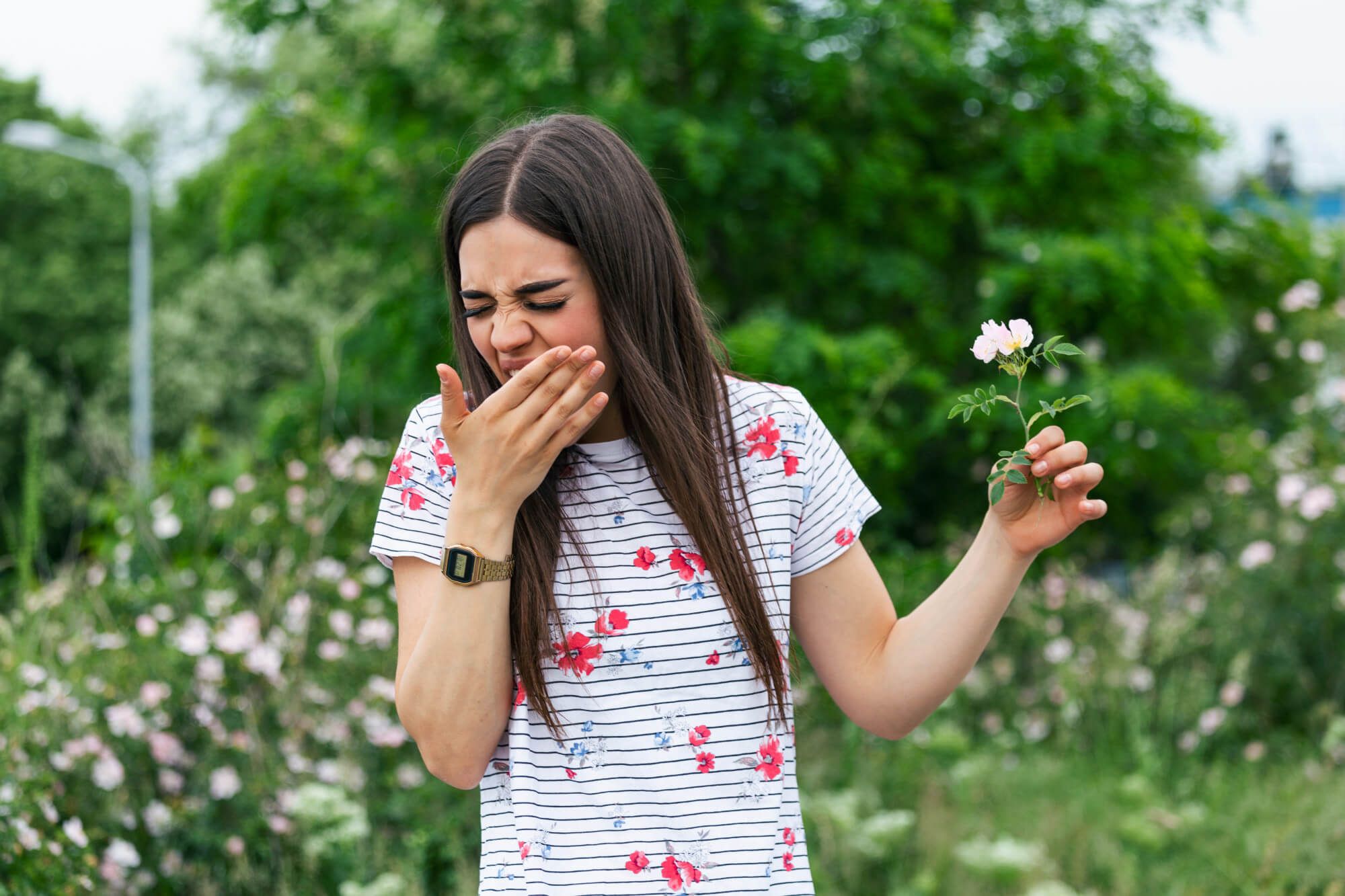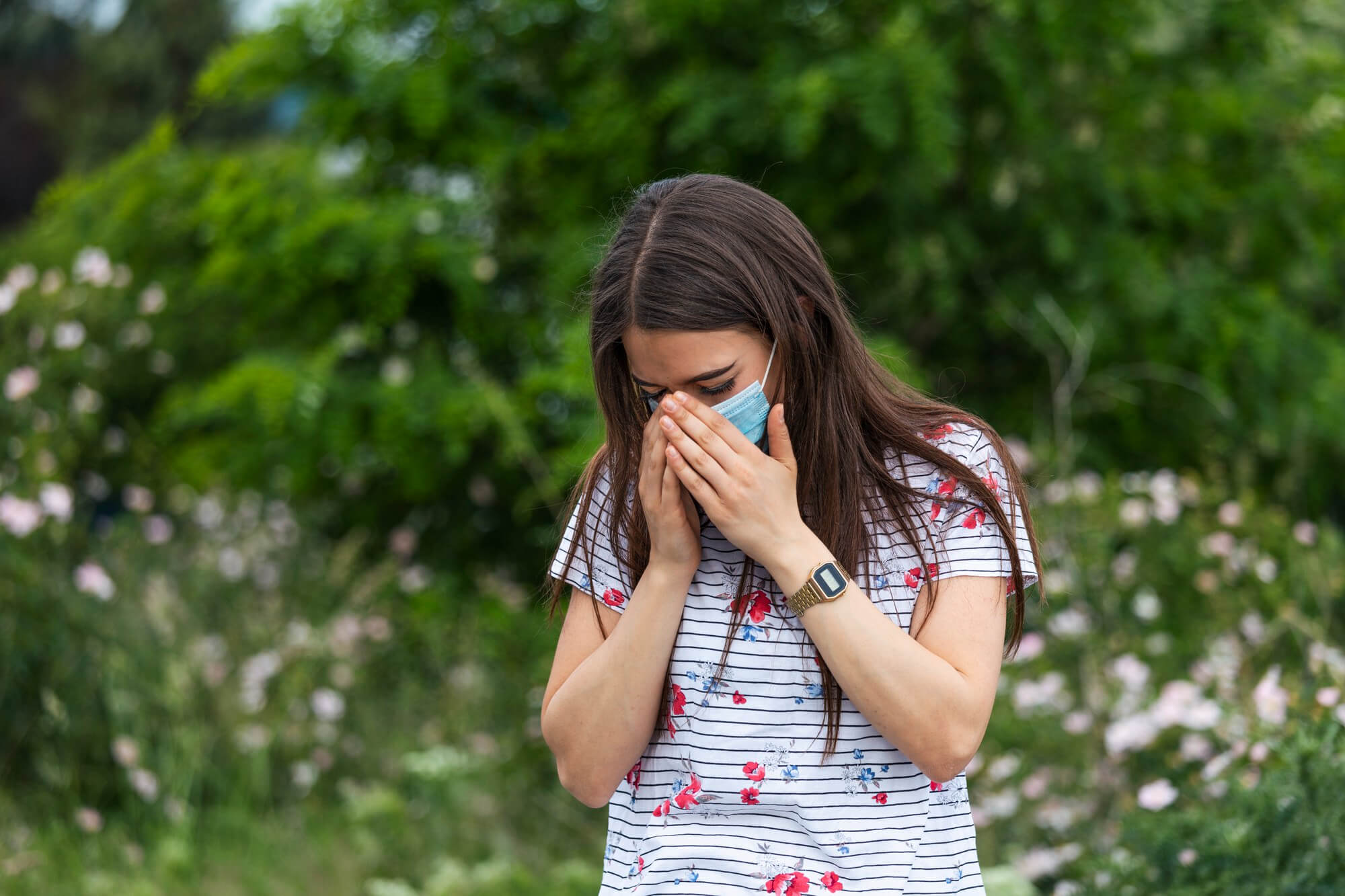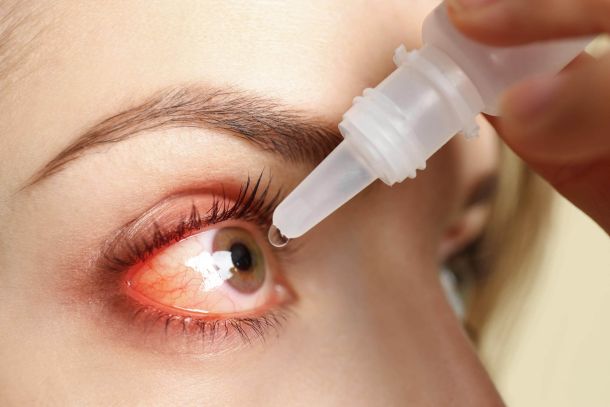Polyvalent allergies: the main causes and symptoms


Irina Makarova
Polyvalent allergies are becoming an increasing problem for modern society. In this article, an experienced allergist will tell you what polyvalent allergies are, what symptoms are characteristic of this disease, how to diagnose and treat them, and offer preventive recommendations.
What are polyvalent allergies
A polyvalent allergy is an allergic reaction to two or more allergens which results in symptoms of varying severity. In adults, polyvalent allergies can manifest as food and drug allergies.
Differences between polyvalent and monovalent allergies
The main difference between polyvalent and monovalent allergies is the number of allergens that cause an allergic reaction. A monovalent allergy is characterized by the body's sensitivity to a single allergen, while a polyvalent allergy has a reaction to several allergens.
Causes of polyvalent allergies

- Genetic predisposition is one of the causes of polyvalent allergy. If relatives have allergies, the likelihood of their offspring developing them increases.
- Unfavorable environmental conditions, air, water and soil pollution affect the development of allergic diseases, including polyvalent allergies.
- Food products can cause allergic reactions. Uncontrolled consumption of foods high in allergens can contribute to polyvalent allergies.
- Certain medications can cause polyvalent allergies, especially when taken uncontrollably or when they are individually intolerant.
- Occupational factors such as contact with chemicals, dust, or other allergens in the workplace can also contribute to polyvalent allergies.
Symptoms of polyvalent allergies

Symptoms of polyvalent allergies can vary depending on the allergens and individual body characteristics. Some common manifestations include:
- Itching and redness of the skin;
- Urticaria;
- swelling;
- runny, stuffy nose;
- sneezing;
- cough, shortness of breath; shortness of breath;
- nausea, vomiting, diarrhea;
- weakness, dizziness.
Diagnosis of polyvalent allergy
To diagnose polyvalent allergy, the doctor takes a history, evaluates the clinical picture and prescribes the necessary tests, such as:
- skin tests with allergens;
- blood tests for total and specific immunoglobulin E (IgE) levels;
- Provocation tests (if necessary).
Treatment of polyvalent allergies

ASIT is the main treatment for polyvalent allergy. It is a long-term course in which low doses of allergens are administered with gradually increasing concentrations. It promotes immune tolerance to the allergens.
Pharmacological treatment
Antihistamines such as cetirizine, loratadine, and fexofenadine help reduce allergy symptoms such as itching, redness, and swelling.
Corticosteroids, such as prednisolone or mometasone, may be used in more severe forms of polyvalent allergy to relieve inflammation.
Depending on the symptoms of polyvalent allergy, remedies may be prescribed to relieve them, such as nasal drops, anti-cough syrups, or anti-diarrheal medications.
Diet and food restrictions
An important aspect of polyvalent allergy treatment is diet and restricted eating. Excluding the foods that cause allergic reactions from the diet helps to reduce symptoms and alleviate the patient's condition.
Prevention and guidelines
To prevent the development of polyvalent allergies it is necessary to:
- follow a healthy lifestyle;
- Avoid contact with allergens;
- Undergo regular medical check-ups and consultations with a specialist;
- control the intake of medications and the consumption of food with high allergenic potential.
In conclusion, it is worth noting that polyvalent allergies are a complex disease that requires an individual approach to treatment. If you experience symptoms similar to allergies, it is necessary to contact an allergist for accurate diagnosis and timely initiation of treatment. Timely and correct treatment will help to avoid complications and reduce the risk of developing chronic allergic diseases.
Related Materials
- How to distinguish between sweats and allergies: symptoms and treatment
- Allergies and psychosomatics: what connections and how they affect health
- Allergic laryngitis: how to recognize it and what to do?
- Diagnosis and treatment of allergic stomatitis: tips and advice
- How to recognize lipstick allergy: symptoms and diagnosis
New materials
Popular Articles
We recommend reading
Contact us in the Contact Us section to ask questions, offer ideas, or for more information about our allergy resource.
Our articles are your trusted source of allergy knowledge. Learn how to make life with allergic reactions easier on our specialized portal.
©
Lechenie-Allergii.com. All rights reserved.
© Lechenie-Allergii.com. All rights reserved.
The information on this site is for informational purposes only and is not a substitute for professional medical advice. We recommend consulting with qualified medical professionals for accurate information and advice.
 English
English  Українська
Українська  Русский
Русский 









